This appears to be a Kohlrabi, also known as German turnip or Turnip cabbage. Kohlrabi has been created by artificial selection for lateral meristem growth (a swollen, nearly spherical shape); its origin in nature is the same as that of cabbage, broccoli, cauliflower, kale, collard greens, and Brussels sprouts: they are all bred from, and are the same species as the wild cabbage plant (Brassica oleracea).
The taste and texture of kohlrabi are similar to those of a broccoli stem or cabbage heart, but milder and sweeter, with a higher ratio of flesh to skin. The young stem in particular can be as crisp and juicy as an apple, although much less sweet.
Except for the Gigante cultivar, spring-grown kohlrabi much over 5 cm in size tend to be woody, as do full-grown kohlrabi much over perhaps 10 cm in size; the Gigante cultivar can achieve great size while remaining of good eating quality. The plant matures in 55äóñ60 days after sowing. Approximate weight is 150 g and has good standing ability for up to 30 days after maturity.
There are several varieties commonly available, including White Vienna, Purple Vienna, Grand Duke, Gigante (also known as “Superschmelz”), Purple Danube, and White Danube. Coloration of the purple types is superficial: the edible parts are all pale yellow. The leafy greens can also be eaten.
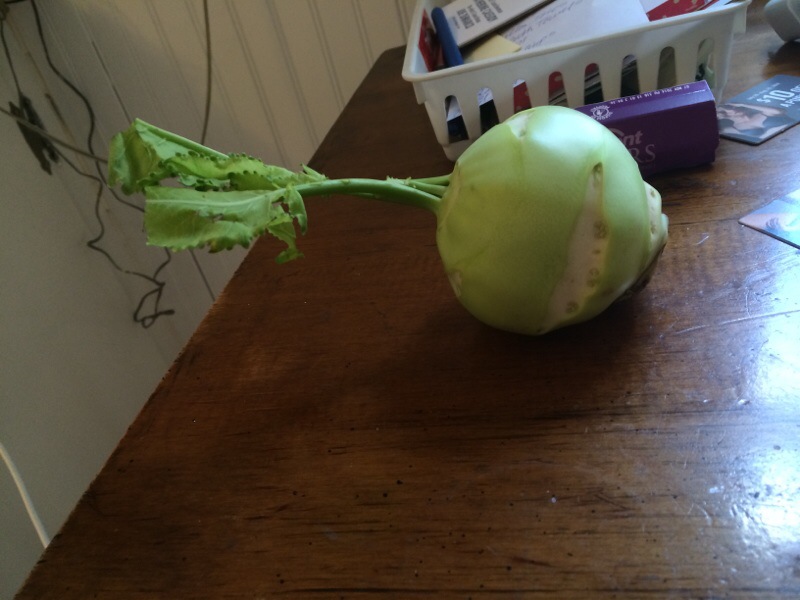
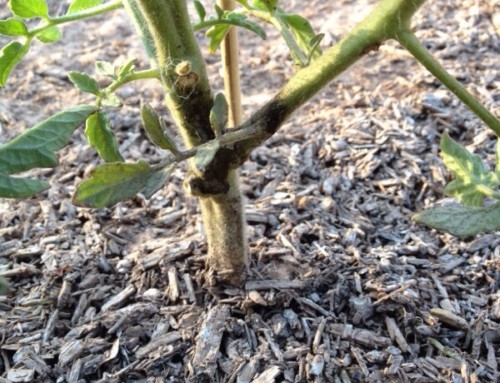
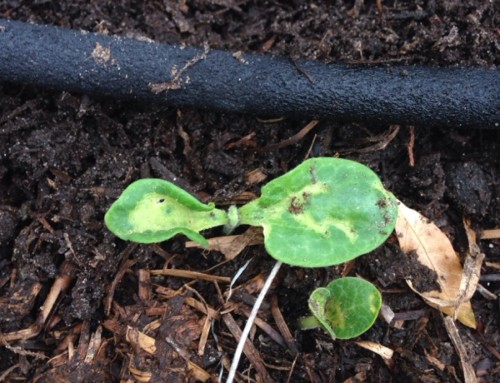
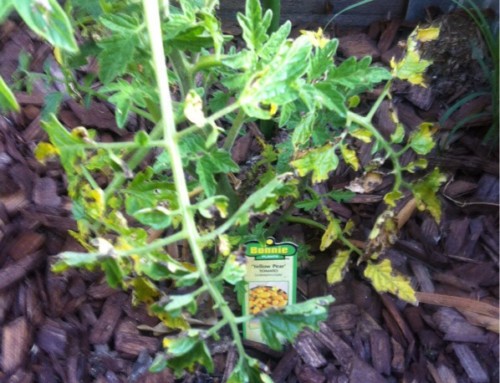
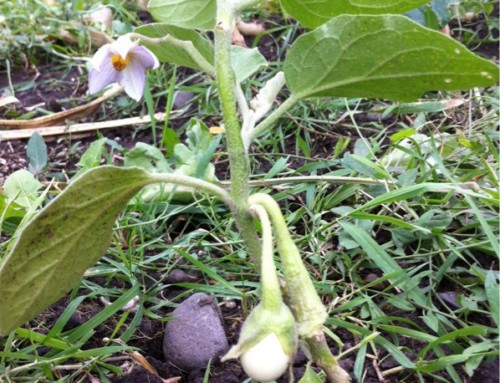
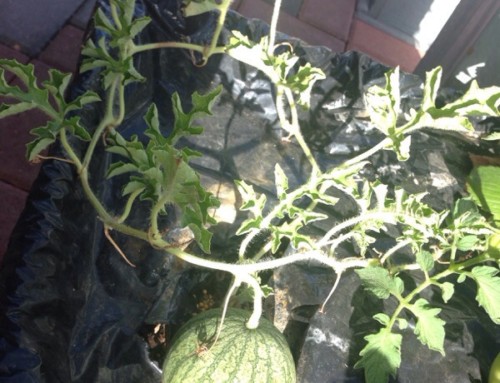
Leave A Comment